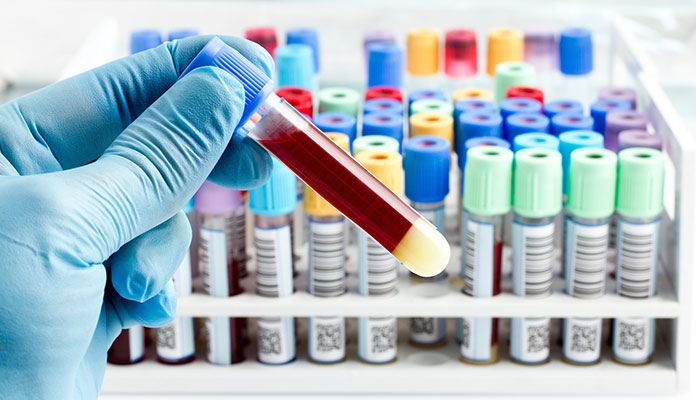Lyme Disease and the Blood Tests
Lyme disease is an infectious disease caused by Borreli burgdorferi bacteria. It occurs when people are bitten by an infected deer or blacklegged tick. These insects are commonly found in the Pacific coast, Upper Midwest, Mid-Atlantic, or Northeast. In most cases, they have to be attached to your body for at least 36 hours to spread the bacterium. Early symptoms include fatigue, headache, fever, or a rash. However, if left untreated, Lyme disease would affect other parts of the body, such as nervous system, heart, and joints. [1]
Lyme disease blood tests can help identify whether you have contracted the Borrelia burgdorferi bacterium, which leads to Lyme disease. This procedure may be done with a routine blood draw. It works by detecting the presence of antibodies in the blood, which are produced by the body in response to the bacteria. If the test result is positive, it means Lyme disease-specific antibodies are present in the blood and you are infected. [2]










